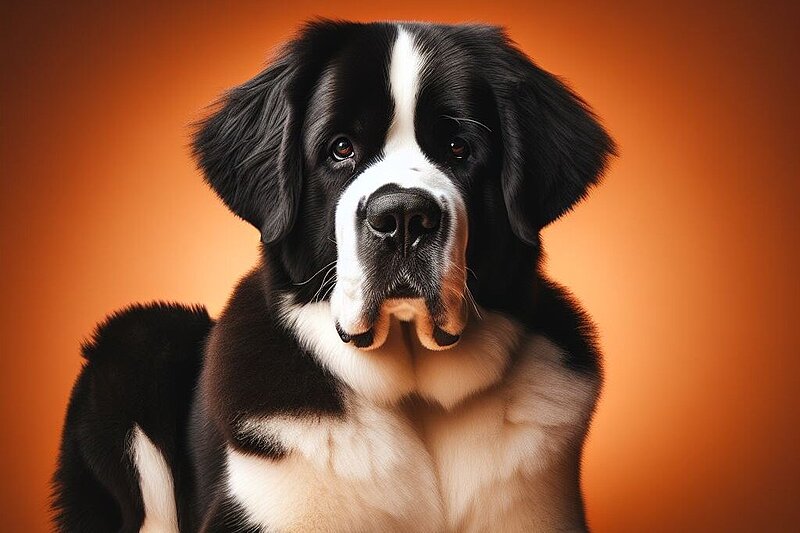The Greek shepherd dog: a loyal guardian from the mountains
History of the Greek Shepherd Dog
The Greek Shepherd Dog, also known as the "Ellinikós Pimenikós", has its roots in the rugged mountainous regions of Greece. It has been used by shepherds for centuries to protect and guide herds. This breed has adapted to the harsh living conditions in the mountains and is characterized by endurance, strength and independence. Originally, the Greek Shepherd was bred to keep predators such as wolves and bears at bay and to protect the flocks from thieves.
Who is the Greek Shepherd Dog suitable for?
The Greek Shepherd is ideal for people who have plenty of space and time to devote to this energetic and hard-working dog. Due to its size and protective instincts, it is less suited to city life unless it has access to large open spaces and sufficient exercise. He is an excellent guard dog and companion for active families who spend a lot of time in nature.
Character and behavior
This dog is known for its courageous and determined character. He is very loyal to his family and can be suspicious of strangers, making him an excellent watchdog. The Greek Shepherd is intelligent and learns quickly, but requires consistent and loving training. He gets along well with children if he is accustomed to them from an early age and can also harmonize with other pets if he is properly socialized.
Appearance of the Greek Shepherd Dog
The Greek Shepherd is a large and strong dog with a robust build. Males reach a shoulder height of 60 to 70 cm and weigh between 40 and 50 kg, while females are somewhat smaller and lighter. The coat is dense and weatherproof, usually of medium length with a thick undercoat. The colors vary from black and brown to various shades of grey.
Care and health
Grooming the Greek Shepherd is relatively uncomplicated. Regular brushing is sufficient to keep the coat clean and healthy. During the shedding season, they should be brushed more frequently to remove loose hair. Like many large breeds, the Greek Shepherd can be prone to hip dysplasia, so regular veterinary check-ups are important.
Training and exercise
The Greek Shepherd Dog needs plenty of exercise and mental stimulation. Long walks, excursions into nature and tasks where he can use his intelligence are ideal. As he has a strong protective instinct, early socialization and consistent training are essential. Positive reinforcement and clear rules help to steer his character in the right direction.
Behavior with children and other animals
With children, the Greek Shepherd is patient and protective, especially if he is socialized to them from an early age. It is usually tolerant with other animals, especially if it has been socialized at an early age. Nevertheless, you should always keep an eye on interactions with smaller pets, as their protective instincts can sometimes kick in.
FCI recognition and interesting facts
The Greek Shepherd Dog is not recognized as an independent breed by the Fédération Cynologique Internationale (FCI), which limits its distribution and popularity outside of Greece. Nevertheless, it enjoys great popularity in its homeland and is valued for its reliability and loyalty.
